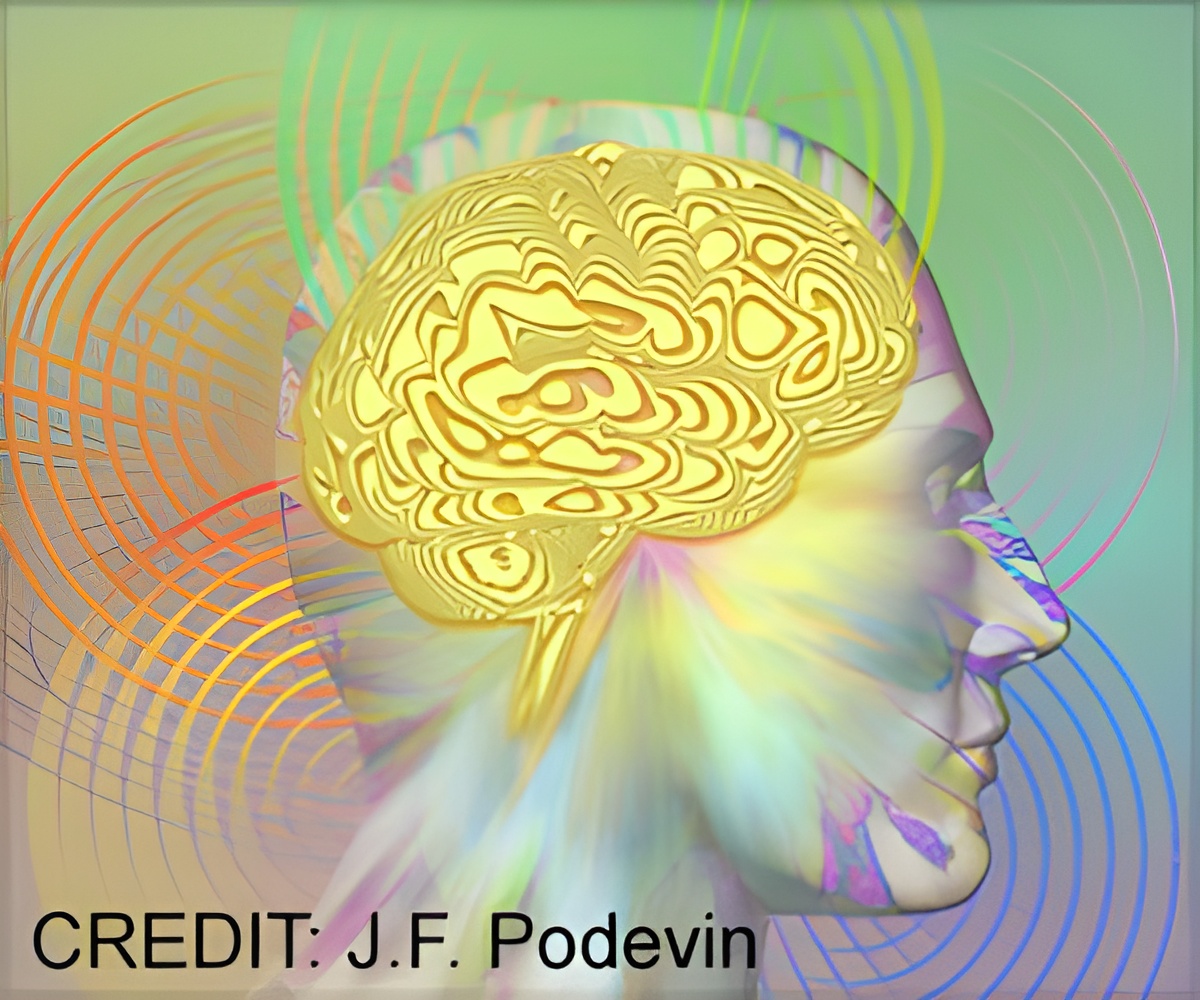New study shows how the brain decides what it should pay attention to in the first place is key to understanding how prediction plays a role in disorders such as autism.

‘Understanding how the brain predicts future events is critical when it comes to defining and understanding neurological disorders. It's also a key to survival and normal brain function.’





"The brain precomputes everything," said Alexander Chubykin, assistant professor of biological sciences. "When you see something familiar, it immediately tries to remember what it is and that's how we know what will happen next. My lab is trying to understand how the brain distinguishes between something that is familiar and novel and how that plays into neurological disorders." Through his research, Chubykin's goal is to work on developing new biomarkers to make diagnosing disorders such as autism easier and make advancements toward discovering potential new drugs for treatment.
"If you see something dangerous, your brain usually recognizes that and predicts something bad could happen." Chubykin said. "If you have this previous experience and can process this information, you can escape in time. When your brain can't tell you those things, it's overwhelming and frightening."
Chubykin says understanding how the brain decides what it should pay attention to in the first place is key to understanding how prediction plays a role in disorders such as autism. In order for the brain to decide what is novel, it needs to first recognize a sensory stimulus.
Recognition of the familiar stimulus leads to a generation of an expectation or prediction. However, when a prior expectation is violated, that leads to a surprise. These surprises are called prediction errors, which is when the senses do not correspond to the brain's predictions.
Advertisement
That's why people affected by autism often experience "sensory overload," which is when sensory input overrides prediction. Sensory overload can cause stress and makes it difficult to focus. "For instance, if I have an umbrella sitting in the corner of my office and I see it every day, my brain knows it's going to be there and it's not a surprise," Chubykin said. "I get used to it being there. But for patients with autism, it might take them a while to process it. It may also take them longer to get used to new environments with a lot of new sensory stimuli, and it's these details that overwhelm them."
Advertisement
"Patients with autism and schizophrenia typically have difficulty perceiving this illusion," Chubykin said. "This could be significant for diagnostic testing of early detection of autism and schizophrenia in the future. The reason for that is that this illusion tests the ability to do spatial prediction."
He says in schizophrenia, prediction also is impaired, but it is the complete opposite of autism. "For patients with schizophrenia, their brains have a higher emphasis on prediction compared to senses," Chubykin said. "When they're hallucinating or hearing voices, their internal predictions override their senses."
Chubykin wants his research to provide answers for both patients and their families. The earlier these disorders can be diagnosed, the quicker patients can get the help they need. "The more we learn, the more we can help," Chubykin said.
Source-Eurekalert















